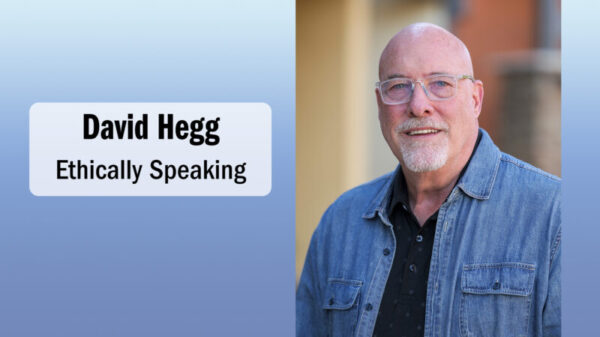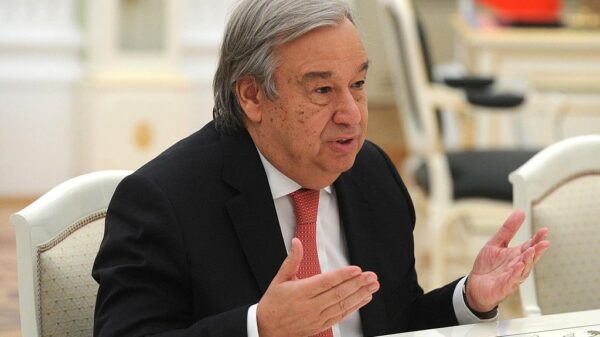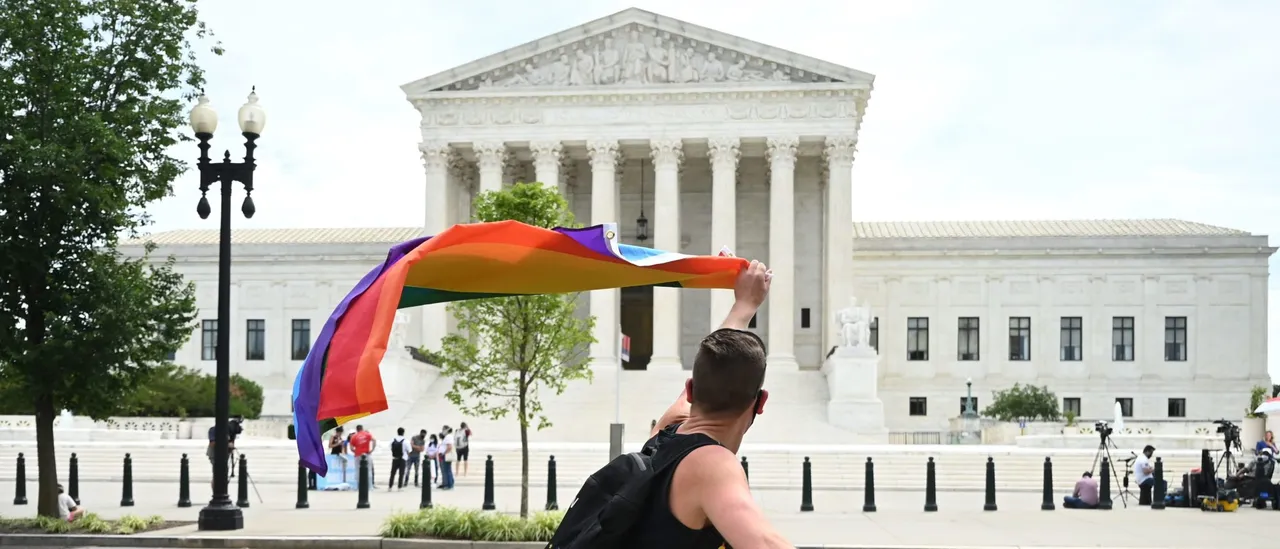The Supreme Court has decided not to reconsider its pivotal ruling that legalized gay marriage in the United States. On Monday, the justices issued a brief order rejecting a petition from Kentucky county clerk Kim Davis, who sought to overturn the 2015 decision in Obergefell v. Hodges. This landmark case established the constitutional right for same-sex couples to marry.
Davis, who gained national attention after being briefly jailed for refusing to issue marriage licenses on religious grounds, argued that the ruling created what she termed a “legal fiction of substantive due process.” Her petition, filed by the legal group Liberty Counsel, claimed that the decision distorted the Constitution and warranted its reversal.
Despite the high-profile nature of the case, legal analysts viewed the petition as unlikely to succeed. The Supreme Court’s dismissal came without any comment, a move that reflects the justices’ stance on the matter.
Background on the Ruling
The Obergefell v. Hodges ruling, delivered on June 26, 2015, was a watershed moment in U.S. history, affirming the right to same-sex marriage across all states. The decision marked a significant shift in the legal landscape for LGBTQ+ rights in the country. Following the ruling, same-sex couples gained the same legal recognition and rights as heterosexual couples, including in matters of taxation, inheritance, and healthcare.
Davis’s request for reconsideration received considerable media attention, particularly as protests occurred outside the Supreme Court building. On November 7, 2025, demonstrators, some dressed as characters from The Handmaid’s Tale, rallied in front of the Court, underscoring the ongoing public interest in the implications of the Obergefell ruling.
Legal Implications and Public Reaction
The dismissal of Kim Davis’s petition reinforces the stability of the Obergefell ruling, at least for the time being. Legal experts suggest that the Supreme Court’s refusal to engage with the petition signals a commitment to uphold established precedents regarding marriage equality.
Public reaction to the Supreme Court’s decision has been mixed, reflecting the broader societal divide on LGBTQ+ issues. Advocates for LGBTQ+ rights view the ruling as a victory for equality and human rights, while opponents continue to challenge the ruling based on religious objections and beliefs.
The Supreme Court’s decision not to reconsider the Obergefell ruling closes a chapter in this ongoing legal and cultural debate, though discussions surrounding marriage equality and related rights are expected to continue.
As the situation develops, further updates will provide additional context and analysis on the implications of this ruling for same-sex couples and the legal landscape in the United States.








































































